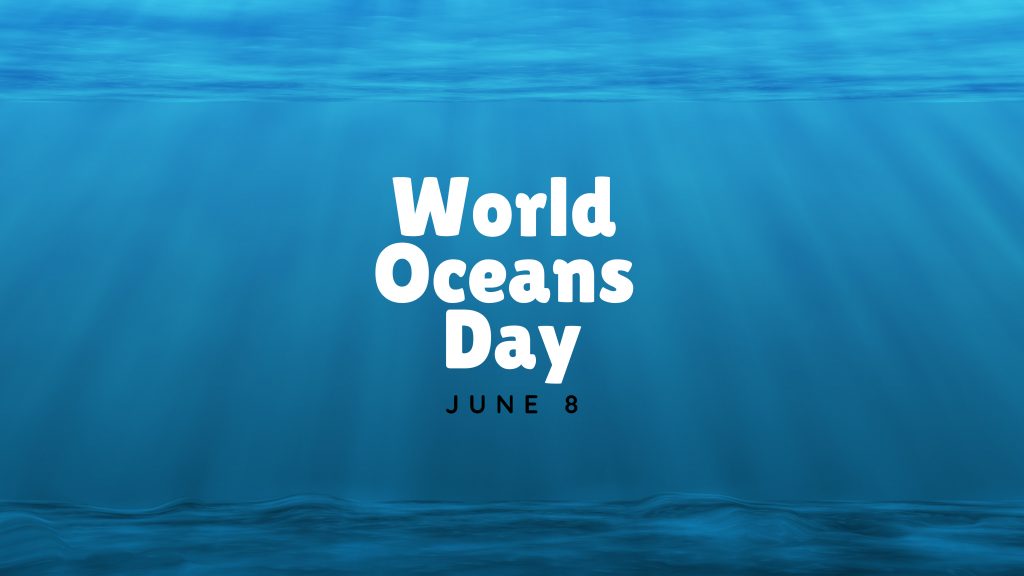Tag: pollution
Mechanochemistry: A new route to sustainable polymer recycling

Plastics and rubbers are some of the most important materials in advanced societies, and hundreds of millions of tonnes are produced every year. Devising efficient and cost-effective ways to recycle these materials has become a crucial environmental concern. Although degradable plastic-based materials can be produced, their practical use is limited by their vulnerability under environmental stress. Professor Junpeng Wang and […]
Read More… from Mechanochemistry: A new route to sustainable polymer recycling
World Oceans Day 2022

Engulfing two-thirds of the blue planet, our oceans are the habitat of over 50% of all life on Earth. Experts estimate that between 50–80% of the world’s oxygen bubbles up from the seven seas. However, human activity has detrimentally impacted marine life, with associated rising global temperatures, pollution, and overfishing wreaking havoc on fragile oceanic ecosystems. The 8th of June […]
License-plate-based driving restrictions: Do they really backfire?

Driving restriction policies that limit the number of days drivers can use their vehicles within cities based on the last digit of their license plates are popular in some cities. Research into their effectiveness in reducing air pollution and congestion, however, yields mixed results. Dr Erick Guerra and his colleagues at the University of Pennsylvania, USA, have published the first […]
Read More… from License-plate-based driving restrictions: Do they really backfire?
A transdisciplinary approach to restoring London’s river Thames

Despite being one of the world’s most iconic rivers, the Thames faces many ecological challenges, and its health has deteriorated severely over recent decades. Martin Richardson from Royal Holloway, University of London, believes that an additional problem is the singular focus of existing research into those challenges. He also believes that a better, more sustainable Thames is possible. In a […]
Read More… from A transdisciplinary approach to restoring London’s river Thames
Omnipresent microplastic

Microplastics have invaded every crevice, nook, and cranny on our planet and they are here to stay. Remember that plastic bottle you threw away back in the ‘80s? Well, it hasn’t disappeared – instead, it has fragmented into a million tiny pieces, which are now swimming in every ocean, infiltrating the soil in farms around the world, and even circulating […]
Monitoring toxic pollutants for better air quality

Air quality is imperative for our and the environment’s health. Research around air quality has been focusing on the monitoring, testing, and investigation of toxic pollutants, such as heavy metals, polychlorinated and polycyclic aromatic compounds, or particulate matter (PM2.5). Professor Guo-Ping Chang-Chien, director of the Super Micro Mass Research and Technology Center at Cheng Shiu University of Science and Technology […]
Read More… from Monitoring toxic pollutants for better air quality
The biodegrading functions of microbial communities in polluted freshwaters

Pollution is a selective pressure that enriches microorganisms at polluted freshwater sites. Some microbial species can adapt to the levels of pollution in water streams, displaying metabolic capacities that allow them to degrade the contaminants. Dr Ayixon Sánchez-Reyes and Dr Luz Bretón-Deval, from the Institute of Biotechnology of the National Autonomous University of Mexico, study the microbial biodiversity landscapes of […]
Read More… from The biodegrading functions of microbial communities in polluted freshwaters
All’s swell: Greener replacements for hazardous solvents in peptide synthesis

There is growing awareness of the impact that solvents have on pollution, energy usage, contributions to air quality, and climate change. Consequently, sustainable solvents are a topic of growing interest, both within the research community and the chemical industry. A research team at Ipsen, Dublin, are forging the way ahead in the development of new, greener ways of manufacturing. Notably, […]
Read More… from All’s swell: Greener replacements for hazardous solvents in peptide synthesis